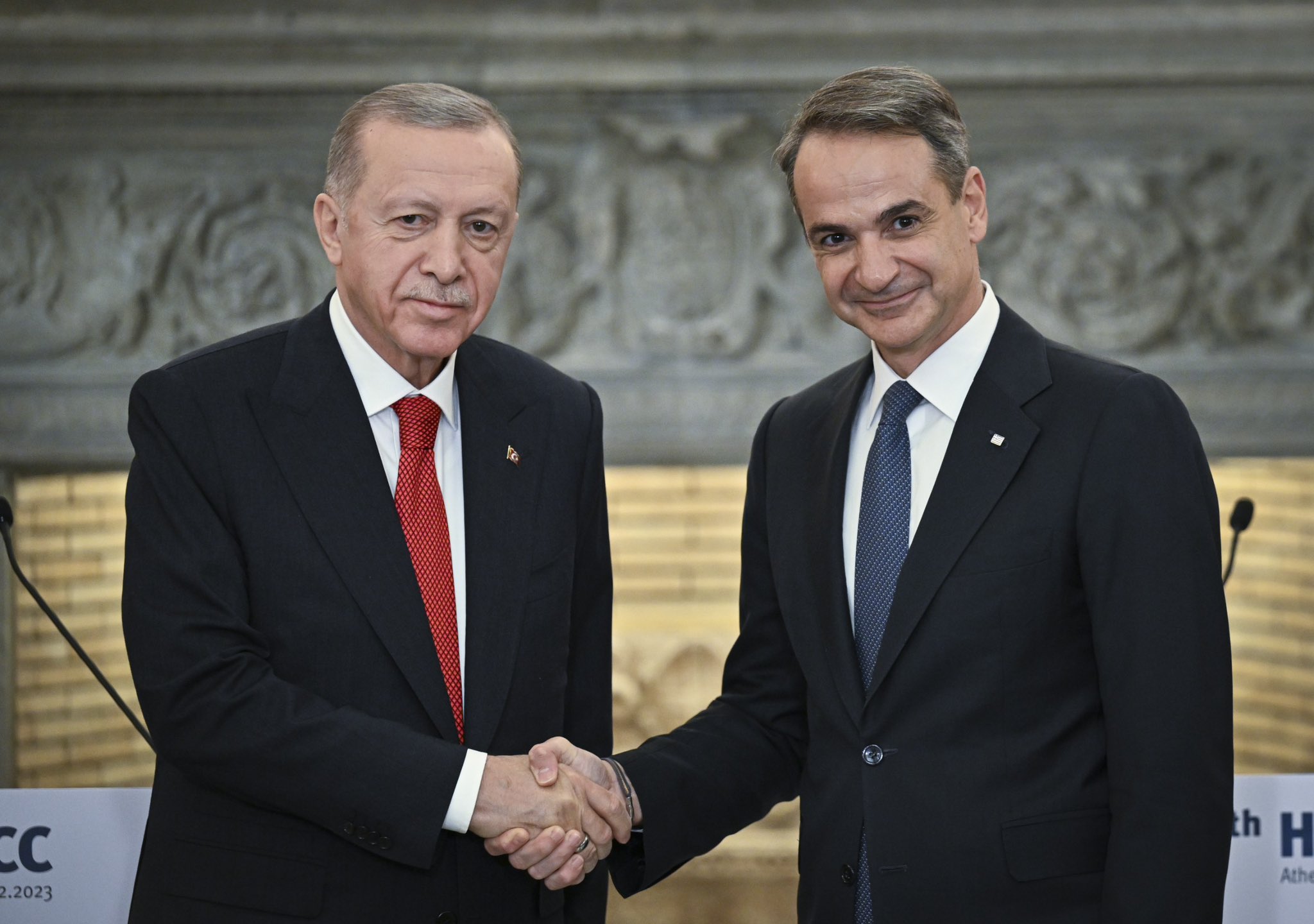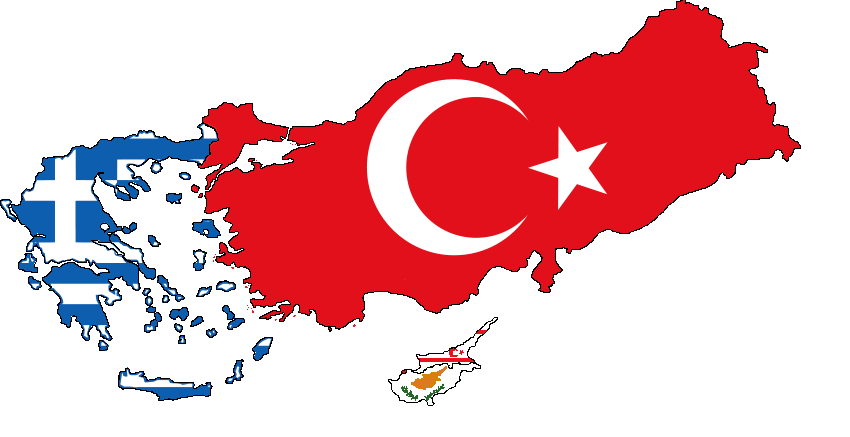Athens Visit Ushers New Era in Türkiye-Greece Ties
The visit of Turkish President Recep Tayyip Erdogan to Greece on December 7 marks a significant moment in the evolving relationship between Türkiye and Greece. This article provides an in-depth analysis of the anticipated outcomes and broader implications of the visit, emphasizing the positive milestones expected to be established between the two nations.
To understand the significance of President Erdogan’s visit, it’s essential to consider the historical context of Turkish-Greek relations. Traditionally characterized by tensions and disagreements over various issues, including territorial disputes, migration, and the divided island of Cyprus, these two countries have often been at odds. There has been a recent shift towards reconciliation and cooperation, driven by mutual economic benefits and regional stability.
During President Erdogan’s visit, one of the critical areas of focus will be strengthening economic ties. Türkiye and Greece have already been engaging in substantial trade, with Turkey being one of Greece’s major trading partners. Specific examples of economic cooperation likely to be discussed include:
- Energy Collaboration: Given Türkiye’s strategic location as an energy corridor and Greece’s growing renewable energy sector, there is potential for collaboration in energy transmission and renewable energy projects.
- Tourism and Cultural Exchange: Both nations are renowned for their rich cultural heritage and tourism industries. Joint tourism initiatives could be a significant collaboration area, promoting cross-cultural understanding and economic benefits.
- Transport and Infrastructure: Enhancing connectivity through collaborative infrastructure projects, such as road and rail networks, can facilitate trade and mobility between the two countries.
Diplomatic and Regional Cooperation
Beyond economic ties, the visit is also expected to foster diplomatic and regional cooperation. Both nations are key players in the Mediterranean region, so their collaboration can contribute to regional stability and security. Potential areas of cooperation include:
- Migration and Refugee Crisis: As both countries are pivotal in managing migration flows into Europe, collaborative efforts in handling refugee movements can be beneficial.
- Defense and Security: Joint exercises and collaboration can help stabilize the region and counter shared threats.
Future Promising Cooperations
Looking towards the future, Erdogan’s visit could pave the way for long-term strategic partnerships in various sectors:
- Technology and Innovation: Collaborations in technology, research, and development can be a game-changer, leveraging the strengths of both countries.
- Environmental Initiatives: Joint environmental projects addressing climate change and conservation efforts could be a significant area of cooperation.
- Educational Exchanges: Promoting educational and academic exchanges can foster better understanding and relations between the younger generations of both countries.
President Erdogan’s visit to Greece symbolizes a turning point in Turkish-Greek relations. Moving beyond their historical disputes, the two nations are poised to embark on a constructive engagement and partnership path. This visit is about establishing economic ties and building a foundation for long-term cooperation that can contribute to regional stability and prosperity. As such, it promises to usher in a new era of collaboration between Türkiye and Greece, setting a precedent for other nations in the region.




Comments